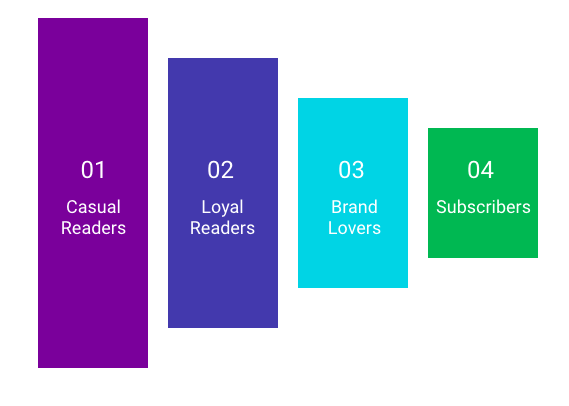
NEW YORK — Google said Tuesday it’s committing $300 million over three years towards various products and initiatives intended to help news publishers and sweeten Google’s relationships with them, as part of an umbrella initiative it’s calling the Google News Initiative.
The name recalls Google’s Digital News Initiative, through which the company gives out €150 million over three years to “help stimulate innovation in digital journalism” among European publishers. (A round of grants is open for project applications now, by the way.) This Google News Initiative is not that.
Instead, this just puts a fancy and familiar name to many of the bits and pieces of Google — from AMP to commenting products to publisher requests around reader insights to working groups to various product tests — that touch publishers.
And with consummate timing, an attempt to put clear blue water between @google and @facebook… #GoogleNewsInitiative #journalism https://t.co/YgnPjEThn5
— Sameer Padania (@sdp) March 20, 2018
Our Google News Lab team will grow under the #googlenewsinitiative – here's more about where we're heading: https://t.co/F5DN83htsj
— Steve Grove (@grove) March 20, 2018
So what did Google talk about today that publishers might want to be aware of, if they aren’t already? (Especially if you’re not among the few dozen publishers that work closely with Google to test things like new subscription features or AMP formats.)
Subscriptions. Google is adding a News Consumer Insights dashboard for publishers within Google Analytics, which will look at audience metrics with an eye towards getting them to pay for a subscription.
 Notably, it’s been testing what it’s calling the “propensity signal” with Hearst, La Repubblica, and The Washington Post, which uses machine learning to understand a users’ likelihood of paying for content on a publisher’s site (cc: The Wall Street Journal). Google says it’s hoping to make this signal available to more news organizations this year.
Notably, it’s been testing what it’s calling the “propensity signal” with Hearst, La Repubblica, and The Washington Post, which uses machine learning to understand a users’ likelihood of paying for content on a publisher’s site (cc: The Wall Street Journal). Google says it’s hoping to make this signal available to more news organizations this year.
This is something Google has already talked about and tested, but the company is rolling out its Subscribe With Google feature to more publishers. It first tested this with McClatchy-owned news organizations (such as The Miami Herald), the Financial Times, and The Washington Post. (FT.com’s head of product Gadi Lahav gave a short presentation on how it worked with Google to figure out how much free content to allow readers to sample.) This is rolling out to 17 launch partners now including media names GateHouse, La Repubblica, Fairfax Media, and Grupo Globo. This feature works best, of course, if you use another Google product, the recently rebranded Google Pay.
Google plans to surface relevant articles from the news organizations that a user is subscribed to in a separate carousel on its search pages, as Bloomberg reported last week.
More money for anti-misinformation efforts. Google says it’s committing $10 million through Google.org on a global media literacy initiative, which will include partnering with the fun, harmless YouTube stars like John Green that that, you know, the teens love.
The first project in this global effort is MediaWise, a U.S.-based partnership bringing together the Poynter Institute, Stanford University Education Group, and the Local Media Association. Supported by a $3 million Google.org investment, MediaWise is a media literacy project designed to help millions of young people in the U.S. discern fact from fiction online, through classroom education and video — with a little help from several teen-favorite YouTube creators.
Wonder where the remaining US$7 million is going … and how much #medialiteracy will be a focus in Singapore after the 8-day hearings on deliberate online falsehoods #GoogleNewsInitiative pic.twitter.com/PBaKbQ1Ngw
— Kevin Kwang (@KevinKwangCNA) March 20, 2018
Also of note: The Shorenstein Center here at Harvard is building out a Disinformation Lab, modeled after some of the work First Draft News has done in the U.K. and France around collaborative, country-wide fact-checking for elections. Also open now: This free online course on identifying online misinformation.
Also of note: Google says it’s working with the national academies of sciences, education, and medicine, The New York Times, and New York hospital and research center Memorial Sloan Kettering, to surface fact-checks for health-related results.
Some more money (undisclosed sums) is going into funding ongoing trust efforts like this one:
It is now also partnering with the Credibility Coalition "to drive the development of technical markers that can enable third party assessments of online content" https://t.co/Tjnags61iC @credcoalition 4/7 pic.twitter.com/TyfL1jo4Br
— Aaron Bradley (@aaranged) March 20, 2018
Here’s Google’s own landing page for all this stuff, if you want to read more.